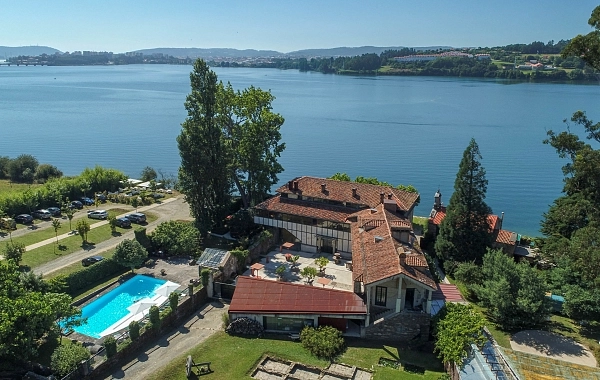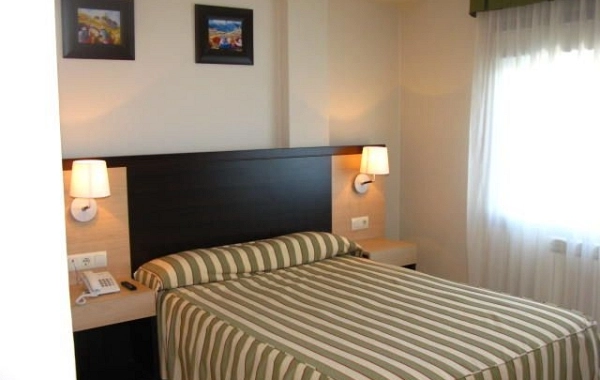CI02 - Neda - Pontedeume - 13 km
Distance0 Km.Related packages
Stage of the Camino de Santiago: From Neda to Pontedeume
The stage from Neda to Pontedeume is a beautiful journey along the Camino de Santiago, offering a varied route between rural landscapes and the Galician coast. It is a relatively short stage, perfect for those who wish to enjoy the natural surroundings while exploring the traditions and history of the Jacobean routes in this region of Galicia.
Departure from Neda
The stage begins in Neda, a small Galician village with a peaceful and picturesque atmosphere. From the start, the route passes through rural landscapes, skirting small fields and traditional villages. The departure from Neda is well-marked with the typical yellow arrows that guide pilgrims along the Camino de Santiago. Pilgrims will start to immerse themselves in a natural environment as they head towards the next destination: Pontedeume.
The Journey to Pontedeume
As the route progresses, pilgrims encounter a path filled with beautiful landscapes, dominated by forests and views of the Ferrol estuary. During this section, the route follows a peaceful trail along the coast, allowing travellers to enjoy the tranquillity of the sea and the Galician nature.
The Eume River
One of the highlights of this stage is the Eume River, which forms part of the route. This river, one of the most significant in Galicia, offers stunning views and a sense of calm that defines this section of the Camino de Santiago. The bridge crossing the river is an ideal spot to rest and admire the natural beauty surrounding the trail.
Arrival in Pontedeume
The stage ends in Pontedeume, a charming town that preserves its medieval structure and offers pilgrims a glimpse into Galician history. Upon arriving in Pontedeume, travellers can enjoy its historic centre, narrow cobbled streets, and its famous medieval bridge, an important symbol of the Jacobean routes. Visitors can also explore the church of Santa María de Pontedeume, one of the religious landmarks on the way to Compostela.





